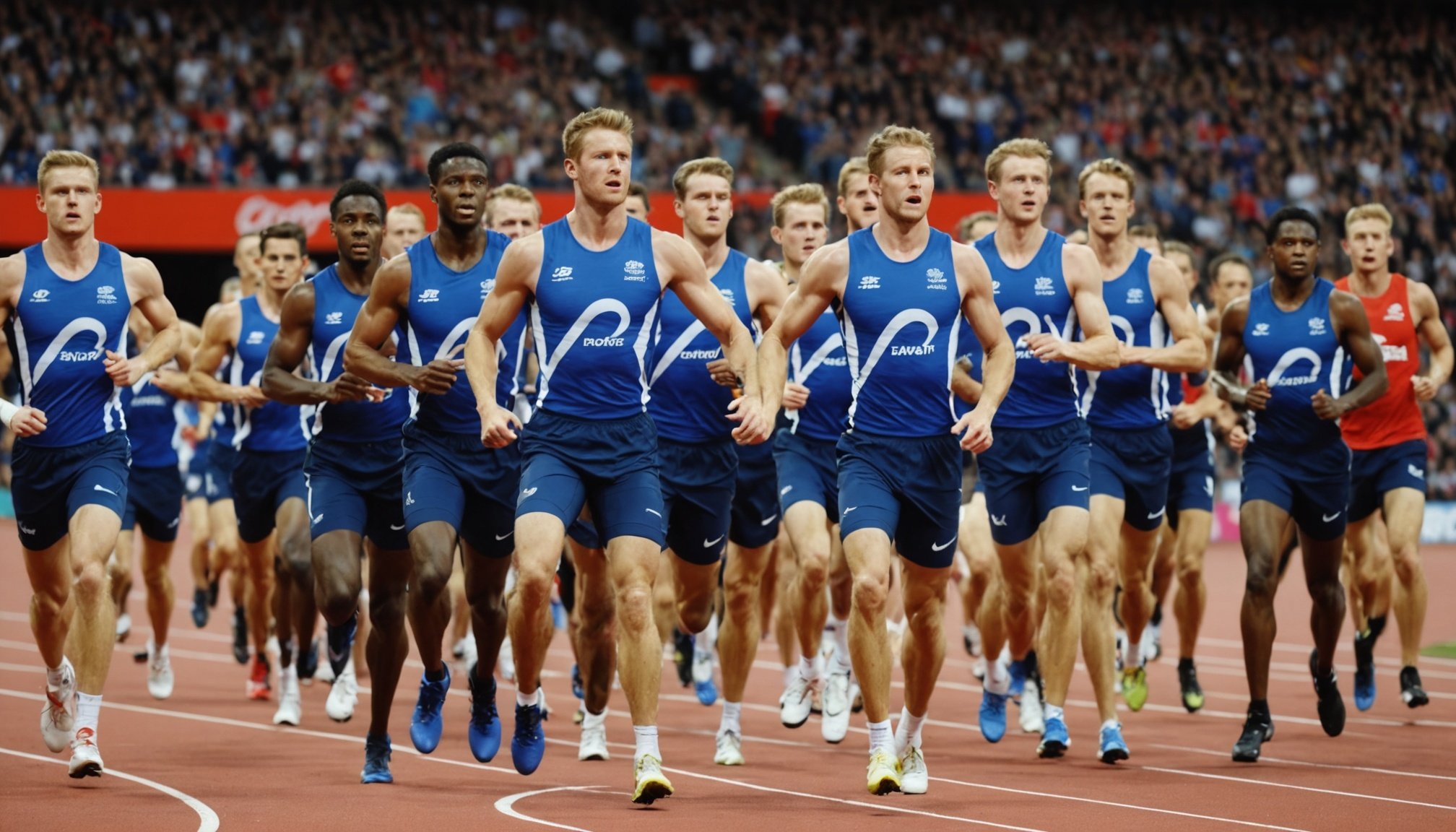The UK’s Historical Foundations in Combat Sports
The UK combat sports history is deeply rooted in centuries-old traditions, prominently featuring boxing and wrestling as foundational disciplines. British boxing origins trace back to bare-knuckle fighting in the 18th century, where the early pugilists battled with minimal rules. These raw beginnings gradually evolved with the introduction of the Marquess of Queensberry Rules in 1867, a landmark regulatory milestone that codified the sport’s structure—enforcing gloves, timed rounds, and weight classes. This formalization established a global blueprint still used in modern boxing.
Traditional martial arts influence also shaped these practices, with indigenous wrestling styles thriving across regions in England, Scotland, and Wales. These combat forms emphasized technique, strength, and respect, reflecting British values and community spirit. The fusion of these cultural elements cultivated a fighting tradition that transcended the UK, impacting contemporary combat sports worldwide.
This might interest you : What Techniques Are Essential for Success in UK Combat Sports?
Understanding the UK’s combat sports history reveals how British customs and regulatory innovations produced a legacy that continues to guide and inspire athletes and enthusiasts globally. This blend of heritage and formal codification forms the backbone of today’s sophisticated combat sports landscape.
Regulatory Influence and the Establishment of Safety Standards
The landscape of UK combat sports regulation has played a pivotal role in shaping global safety standards. British sports governance, particularly through the British Boxing Board of Control, has championed the development of rigorous safety protocols. These protocols emphasize fighter well-being, injury prevention, and consistent medical oversight.
Have you seen this : What Role Does Nutrition Play in the Success of UK Combat Athletes?
The British Boxing Board of Control enforces mandatory medical checks, standardized equipment regulations, and fight supervision policies. Their commitment has contributed to minimizing risks, promoting fair competition, and setting a benchmark within the combat sports community.
These safety standards established in the UK have not remained confined nationally. International governing bodies increasingly adopt these guidelines, reflecting the trust in the UK’s regulatory framework. This globalization of UK combat sports regulation ensures fighters worldwide benefit from improvements in athlete protection.
In essence, British sports governance not only safeguards athletes at home but actively influences international practices, demonstrating leadership in combat sports safety. This strong regulatory foundation supports the ongoing evolution of safer combat environments, illustrating the UK’s forward-thinking approach to sport governance.
Notable British Athletes and Organizations Driving Global Prestige
In the realm of British combat sports athletes, figures like Tyson Fury and Michael Bisping have not only dominated their respective disciplines but also elevated the UK’s international standing. Tyson Fury, often regarded as one of the best heavyweight boxers in the world, combines skill with charisma, bringing unmatched attention to British boxing. Meanwhile, Michael Bisping’s achievements in MMA showcase the depth of talent originating from the UK.
The UK’s reputation is further cemented by respected UK sports organizations like Cage Warriors and BAMMA. These promotions serve as crucial platforms, nurturing emerging talent and setting high standards for competition. They play a pivotal role in enhancing British combat sports’ international acclaim, providing fighters with the global exposure needed to compete and thrive on the world stage.
British coaches and athletes contribute significantly to international competitions. Their dedication, innovation in training methods, and strategic expertise have propelled UK fighters to success in global tournaments, underscoring the country’s leadership in combat sports development and performance excellence. This dynamic ecosystem guarantees the UK’s ongoing prominence in worldwide combat sports circles.
Government Policies and Institutional Support
Small text
The UK government sports policy plays a critical role in shaping the landscape of combat sports by introducing clear regulatory frameworks. These frameworks ensure athlete safety while promoting fair competition. Recent policy initiatives emphasize both the growth of combat sports and the protection of participants, reflecting a balanced approach.
Funding is a cornerstone of institutional support. The government allocates resources to enhance combat sports funding, focusing on improving training facilities and promoting youth development programs. These programs are designed to nurture young talent, making the sport more accessible and sustainable over time.
Collaboration with health and safety authorities is essential. Ensuring compliance with safety standards reduces injury risks and instills confidence among athletes and their families. This cooperation also supports the development of educational campaigns about safe practices within the sport.
Together, these policies and collaborations foster an environment where combat sports can thrive responsibly. Athletes benefit from better infrastructure and protection, while the sport gains wider recognition and legitimacy under the UK government sports policy.
Innovations and Evolving Practices in UK Combat Sports
The realm of UK combat sports innovation has witnessed remarkable strides, chiefly driven by advances in training methodologies and technological integration. Fighters and coaches increasingly embrace training advancements rooted in sports science, such as biomechanical analysis and nutrition optimization, to elevate athlete preparation. These methods enable pinpointing strengths and weaknesses with precision, tailoring training plans that maximize efficiency and performance.
Digital tools play a vital role in this evolution. Wearable technology, motion capture systems, and video analysis software provide fighters with instant feedback on technique and movement patterns. This approach facilitates continuous improvement, making athletes more adaptable and ready for competition. Enhanced data collection also informs injury prevention strategies, prolonging careers in this demanding sport.
Furthermore, UK combat sports innovation extends beyond the gym to event presentation. Pioneering broadcasting technologies, including virtual reality and multi-angle live streaming, enrich the viewer experience and broaden fan engagement. New event formats that mix traditional bouts with innovative rulesets spark renewed interest, reflecting the dynamic landscape of combat sports in the UK.
These innovations collectively push the boundaries of athlete development and audience interaction, underscoring the UK’s position as a hub of cutting-edge combat sports evolution.
International Partnerships and Collaborative Efforts
Advancing sports through global cooperation
The UK international sports collaboration plays a pivotal role in shaping the future of various sports disciplines worldwide. By forging strong global partnerships, the UK engages in bilateral agreements that enhance the development of rules and standards across borders. These collaborations ensure consistency and fairness in competitions, benefiting athletes and governing bodies alike.
Active participation in international federations and committees allows the UK to contribute expertise and influence policy decisions on a global scale. This involvement fosters shared knowledge and the adoption of best practices, strengthening the overall sporting ecosystem.
Moreover, joint events and athlete exchanges exemplify the practical outcomes of these partnerships. They offer opportunities for athletes to experience diverse competitive environments, while knowledge sharing between coaches and officials promotes innovation and improved performance standards. Through sustained bilateral agreements and cross-border initiatives, the UK continues to lead efforts that unify and elevate sports internationally, benefiting not only British athletes but the global sporting community as a whole.
Emerging Trends and the Future Impact of the UK
The future of UK combat sports is rapidly evolving, driven by several new trends and an increasing global presence. One prominent trend is the integration of technology, such as performance analytics and virtual training tools, which enhances athletes’ preparation and injury prevention. This adoption signifies the UK’s commitment to innovation, positioning it at the forefront of next-generation combat sports.
UK fighters and promoters also continue to showcase thought leadership, influencing rules, safety standards, and marketing strategies worldwide. The country’s rich history in boxing, mixed martial arts, and other disciplines fosters a global influence that shapes competitive standards and fan engagement across continents.
Forecasts indicate the UK will maintain a pivotal role in combat sports evolution, with increasing international collaborations and hosting of major events. This momentum not only elevates the UK’s status but also encourages domestic talent development and wider participation. Understanding these trends affirms that the future of UK combat sports lies in innovation, leadership, and a strong global footprint, all of which contribute to shaping the industry’s trajectory for years to come.






